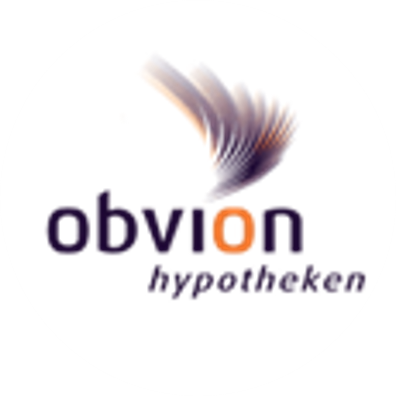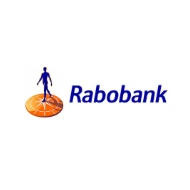Employee experience research
Happy employees make happy customers. Investing in work happiness and positive work experience pays off handsomely. More turnover, less sick leave and less absenteeism, for example. How happy are your employees at your organization? Most people agree that happiness at work is different from job satisfaction or employer satisfaction. Work happiness is an experience, formed in our (subconscious) intuitive brain. The more positive emotions employees experience at work, the greater their job happiness is. And this emotion appears to be the strongest determinant of our behavior, to what extent we commit ourselves to an organization, and the choices we make in the future. But emotion is also the great unknown: most organizations focus only on the functional aspects of being an employer. That is why we developed work experience research, in which we find out employees' emotions and their drivers.

How do we approach it?
What memories have lingered? What emotion accompanies this? And what needs or motivators determine the degree of work happiness or the lack thereof? We apply neuroresearch techniques and use automatic text analysis to recognize emotions and interpret motivators. This gives you a quantitative picture of the degree of work happiness.


What is the difference?
In traditional employee satisfaction or eNPS measurements, you give numbers or put check marks on statements. This appeals to your cognitive brain (conscious thought). However, happiness at work is mainly based on intuition (emotions). And you miss that part completely if you only measure using numerical questions or propositions. In our implicit work happiness research, we use smart questions to invite employees to share their experiences in their own words. From their open stories, we extract both the cognitive and intuitive factors that determine their level of work happiness. This gives a more complete picture and the right basis to start working on work happiness.
How do I deploy it?
As far as we are concerned, working on work happiness starts with dialogue between managers and teams. Traditional employee research focuses on capturing a KPI or scoring the company against a benchmark. We emphasize learning and improvement.
Our employee experience research provides open stories from employees. In their own words, they describe how they experience their work. This is an excellent starting point for a dialogue between employees and their managers. Dialogue is the basis for working on work happiness. Of course, this requires good preparation by managers, so that the right conversation is held with the right approach. This is a crucial element, in which we like to think along based on our experience.


Success Stories
We are currently applying work happiness research to the following clients, among others:






"The trick is to have such fun work that you're surprised every month that you get paid for it."



